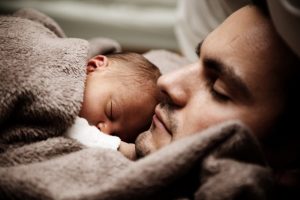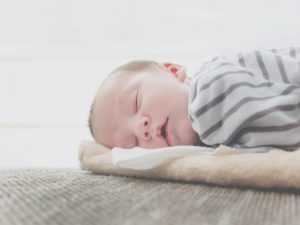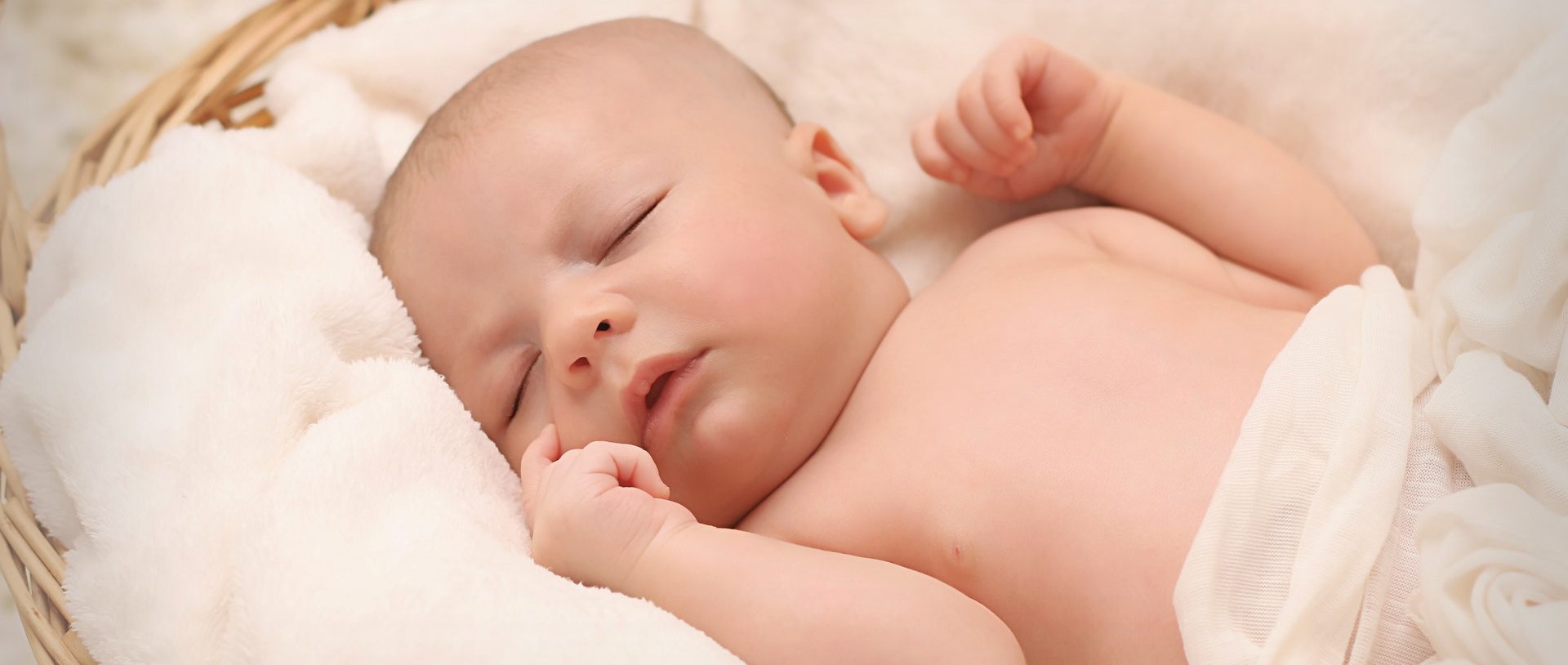Symptoms And Treatment Of Baby Sleep Apnea
February 11, 2021
 The symptoms of baby sleep apnea are a concern for parents. First of all, it’s important to know that this is an abnormal snoring problem and often begins immediately after birth. However, the respiratory disorders discussed in this article mainly occur during rest periods.
The symptoms of baby sleep apnea are a concern for parents. First of all, it’s important to know that this is an abnormal snoring problem and often begins immediately after birth. However, the respiratory disorders discussed in this article mainly occur during rest periods.
In babies, obstructive sleep apnea occurs when the baby stops breathing . This pause can be partial, with some remaining in the air passage, or global without oxygen exchange during the duration . This condition can become very serious and requires immediate attention and treatment . This is because many bodily functions, including brain functions, are stopped when there is no oxygen in and out for metabolism to function.
Learn more about possible treatments for this condition in this article.
What causes obstructive sleep apnea in babies
For younger children, the cause of this problem is the structure of the upper airways. Children’s airways are smaller than adult airways and their limited diameter can be damaged due to organ flexibility.
Some babies have narrower upper airways than others due to anatomy, or recurrent infection. Also, small airways with limited cartilage differ from organs with enlarged tonsils.
Children with small facial bones have a different shape of the air outlet and are more difficult to move inside.
Overweight babies have two complex factors. In the other, the tongue grows and falls back when you fall asleep.
 Also, children with cerebral palsy are a special case. One of the hallmarks of this pathology is to loosen the muscles and promote blockage of the airways.
Also, children with cerebral palsy are a special case. One of the hallmarks of this pathology is to loosen the muscles and promote blockage of the airways.
Notable symptoms of baby sleep apnea
The main thing is snoring. Infants with this condition snore as excessively and often as adults .
Accordingly, snoring is usually accompanied by a break in breathing and rhythm. Apnea occurs when there is no motivation or exhalation, and lung function temporarily ceases.
Parents or guardians often detect this phenomenon, but sometimes it is not noticeable. That doesn’t mean you have to constantly check to see if your baby breathes when sleeping. That means paying attention to the sounds of the baby from time to time, especially.
Babies with obstructive sleep apnea breathe through their mouth, not their nose . This is because this mechanism promotes the inflow of larger amounts of air. It also dries the oral and nasal mucosa, increasing thirst and nighttime arousal.
